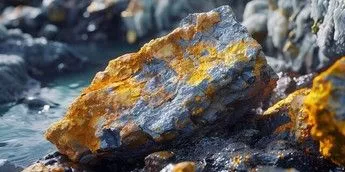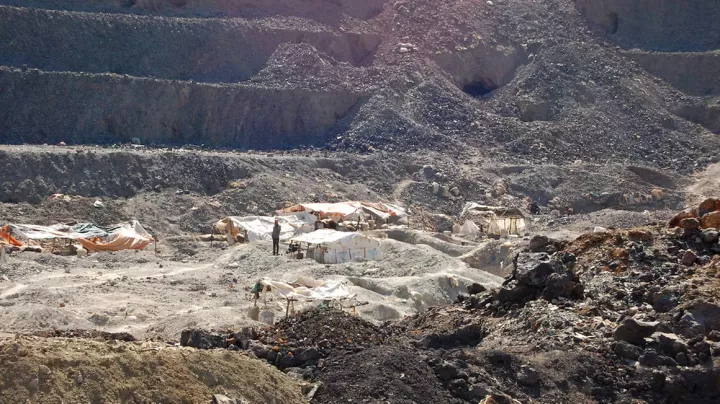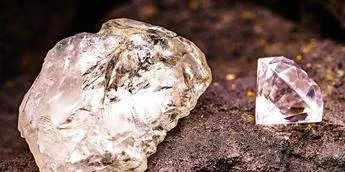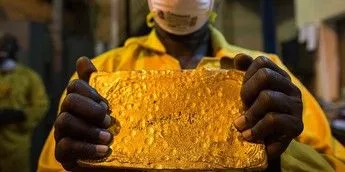
Africa is home to some of the largest uranium reserves in the world. The top uranium-rich countries on the continent include Namibia, South Africa, and Niger.
Africa is a goldmine, literally. The continent is packed with all kinds of valuable minerals, from gold and diamonds to oil and lithium. These resources fuel industries worldwide, bringing in money and opportunities for many African nations.
Among these resources is uranium, a highly valuable element essential for energy production, medical applications, and national defence. As the world continues to transition towards cleaner energy sources, Africa's uranium reserves position the continent as a key player in the future of global energy supply.
Uranium is one of the most critical minerals in the world today. It serves as the primary fuel for nuclear power plants, which generate electricity with low carbon emissions, making it a crucial alternative to fossil fuels. Beyond energy, uranium is also used in medical treatments, scientific research, and even in the aerospace and defence industries.
Given the increasing demand for sustainable energy and the need for energy security, countries with uranium reserves hold significant strategic importance in global affairs.
Africa is home to some of the largest uranium reserves in the world. The top uranium-rich countries on the continent include Namibia, South Africa, and Niger, which together contribute significantly to global uranium production, according to Statista.
With an estimated 470,000 tonnes of uranium, Namibia is one of the world's largest producers of uranium. The country's mines, including the Husab and Rössing uranium mines, supply a significant portion of the global market, making Namibia a crucial player in the nuclear energy industry.
Below are the African countries with the most uranium reserve:
| 1 | Namibia | 470,100 |
| 2 | South Africa | 320,900 |
| 3 | Niger | 311,000 |
| 4 | Botswana | 87,200 |
| 5 | Tanzania | 58,200 |
















Comments